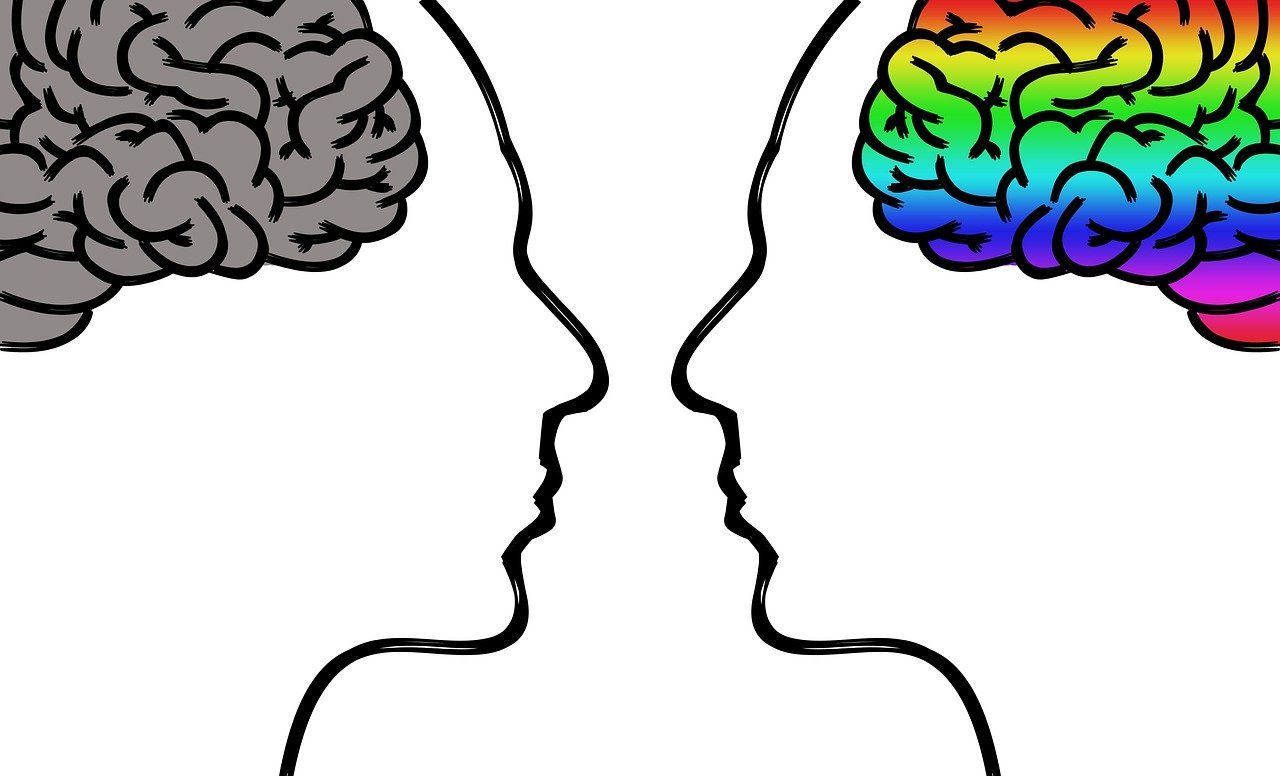
Blog
Cognitive Behavioral Therapy vs. Dialectical Behavior Therapy
A central component of our therapeutic approach at CBT Denver is Cognitive Behavioral Therapy (CBT). CBT is a practical, goal-oriented, and evidence-based method of therapy. It focuses on how changing unhelpful thoughts and/or behaviors can decrease mood symptoms and improve daily functioning. Dialectical Behavior Therapy (DBT) is a specific type of CBT. Is CBT more effective than DBT or vice versa?
Task Management: Tendencies and Traps
What you typically do is not necessarily the most helpful. We tend to approach the daily tasks of life in set ways. For example, perhaps you like to complete tasks as soon as possible or procrastinate and push tasks off.
How Saying 'No' Enhances Authenticity and Well-Being
Most of us have a lot of practice saying “yes” to things. To take on more and more. This can be related to a variety of factors including people pleasing, concern over the perceptions of others and fear of letting others down, and believing we need to prove our worth. Thus, it is often not easy to say “no.”
CBT Denver: Committed to Providing Evidence-Based Therapy
CBT Denver therapists are dedicated to providing quality, evidence-based treatments. Our center focuses on compassionate, collaborative, and effective treatment approaches.
What is Social Anxiety Disorder
Being judged, negatively evaluated, or rejected by others can be unpleasant and hurtful. People with social anxiety disorder experience difficulties in relationship and daily functioning due anxiety that they will be rejected by others.
Why You Should Say "And," Not "But"
Dialectical behavior therapy (DBT) is a type of cognitive behavior therapy that focuses on how to live in the present moment, regulate emotions, develop healthy relationships, and cope with distress. The D in DBT, dialectical, means the existence of opposites and how both can be true.
Cultivating Empathy Through Pain
Empathy, the ability to imagine and understand another person's perspective, is a beneficial trait to cultivate. It is natural to be focused on our perspectives, thoughts, and feelings and be closed off from the perspectives of others, particularly when they differ from our own. Experiencing physical pain can increase our awareness of our sorrow and other people's.
The Power of Relationships
Social connections can lower anxiety and depression, boost immunity, and may even lengthen lifespan. The reverse is also true. Loneliness can decrease a sense of contentment, disrupt sleep, increase cortisol (a stress hormone), and elevate blood pressure. Positive relationships are a primary contributor to health, happiness, and longevity.
CBT for Health Anxiety
Health anxiety is anxiety about being seriously ill and may manifest as spending a lot of time looking up medical symptoms on the internet or thinking you have a serious illness, such as cancer, at the first sign of minor physical symptoms such as a scratchy throat or cough. CBT and ACT can help with health anxiety.
Embracing Vulnerability
Emotional vulnerability is the quality or feeling of being exposed to possible emotional attack or harm. Having to face potential criticism or rejection. It is not easy to take emotional risks and open ourselves up to the possibility of being hurt. And, embracing emotional vulnerability can lead to personal growth.
Prioritizing Rest
In our go-go-go world rest can seem like a bad word. Not accomplishing 20 tasks a day feels like we are doing something wrong. We are being lazy. It is common to equate success, or productivity, with non-stop activity. However, rest supports productivity, creativity, and contentment.
Obsessive Compulsive Disorder
Obsessive-compulsive disorder (OCD) is a common mental health disorder where a person experiences uninvited and unwanted recurring thoughts or images (“obsessions”) and behaviors (“compulsions”). Obsessive thoughts trigger distressing feelings and compulsions are behaviors an individual engages in repeatedly to decrease distress.
Losing a Parent
We all have different experiences and feelings about our parents. As we move through grief, which can mean years or a lifetime, we may experience depressed mood, poor sleep, irritability, or decreased concentration.
Doing What Is Meaningful for You Increases Quality of Life
Quality of life, or how satisfied a person feels about their life overall, can diminish when living with chronic pain or a chronic health condition. One reason why the quality of life diminishes when living with a chronic health condition is that we are no longer doing things that are important to us.
The Power of the Breath to Ease Pain
So, one helpful way to manage stress and chronic pain is to practice relaxing our muscles and nervous system via breathing exercises. These exercises may sound simple yet consistently practicing them can be easier said than done.
Anxiety at Night
We can’t sleep when we are anxious because anxiety is telling us a threat may be present, even when it is not, causing us to be alert and stay awake. And the worse we sleep, the more anxious we tend to feel leading to a vicious cycle. Worry Time is a great strategy to decrease nighttime anxiety and facilitate sleep.
Treating Anxiety in Therapy
Anxiety is a feeling of worry, nervousness, or unease. Often, we worry about situations that feel threatening and/or have uncertain outcomes. Evidence-based anxiety management techniques involve changing how we relate to anxious thinking, practicing not avoiding anxiety-provoking situations, and practicing exercises to decrease physical symptoms of anxiety.
Cultivating Self-Agency Through Physical Movement
A "sense of agency" refers to having control over our actions, of making something happen. One way I cope with my physical limitations is by cultivating agency in my body and strengthening the belief that my body is capable even when it doesn’t feel capable. It is empowering to engage in movement that makes you feel capable and confident.
Sustaining Joy
Joy and happiness can feel elusive and temporary. The more we seek out certain feelings the more inaccessible they are and the more frustrated we become. There is a benefit in knowing what excites and energizes us and cultivating these experiences. This article describes tips for cultivating joy.
Interpersonal and Social Rhythm Therapy
Interpersonal and Social Rhythm Therapy (IPSRT) is an evidence-based treatment for mood disorders, particularly bipolar disorder. It incorporates techniques from Interpersonal Psychotherapy (IPT), which is a therapy that explores the bi-directional relationship between mood and life events with social rhythms, or daily routines and habits.




















